
Tomato Extract: Better And Safer Blood Thinner Than Aspirin
For decades, most people have heard that Aspirin can save your life if you’re experiencing a heart attack or stroke. This long-standing advice came from the idea that blood clots are the main culprits behind cardiovascular events. Experts now understand that it’s often partial cholesterol blockages in the arteries that suddenly rupture, leading to a blocked artery and potentially fatal outcomes.
How a Heart Attack or Stroke Develops
When an artery wall ruptures, the body responds as if a wound has formed. Platelets, the small blood cells that help your blood clot, rush to the site. They clump together, forming what’s known as a thrombus, or blood clot.
Over time, this clot can enlarge until it completely blocks blood flow. Once an artery is sealed off, oxygen can no longer reach parts of your heart or brain, causing cell death. The result can be a heart attack or stroke—two of the world’s leading causes of death.
Aspirin’s Traditional Role and Its Hidden Dangers
For many years, doctors encouraged people—especially older adults—to take low-dose Aspirin daily. The reasoning was that Aspirin “thins” the blood by preventing platelets from sticking together, helping to stop clots before they form.
However, new research shows that this long-standing recommendation isn’t as safe as once believed. While Aspirin can help prevent clotting, it also increases the risk of severe side effects, including gastrointestinal bleeding, ulcers, and even hemorrhagic stroke. Some studies also suggest an increased risk of cardiac complications and heart failure when Aspirin is used for too long or inappropriately.
The FDA Changes Its Position
After years of being considered a lifesaving drug, the U.S. Food and Drug Administration (FDA) no longer recommends Aspirin for people who have never had a heart attack or stroke.
When Bayer—the world’s largest producer of Aspirin—petitioned the FDA to allow it to claim that Aspirin “prevents heart attacks,” the FDA examined the evidence carefully. Their conclusion was striking:
“The data does not support the use of Aspirin as a preventive medication by people who have not had a heart attack, stroke, or cardiovascular disease. The potential benefits do not outweigh the risks of dangerous bleeding into the brain or stomach.”
In other words, if you’ve never had a cardiovascular event, taking Aspirin daily might do more harm than good.
Medical Experts Weigh In
This isn’t just the FDA’s opinion. Many researchers share the same concern.
Dr. John G. F. Cleland, a cardiologist at the University of Hull in the UK, published findings in the British Journal of Medicine showing that Aspirin therapy does not actually save lives. While it might reduce non-fatal events, the number of sudden deaths can increase, partly because Aspirin may mask the early symptoms of a heart attack.
Dr. M. Sue Kirkman from the American Diabetes Association agrees. She notes that newer studies show only minimal benefits, meaning there’s not enough evidence to justify routine Aspirin use in healthy individuals.
Additionally, a report in the Drug and Therapeutics Bulletin concluded that long-term low-dose Aspirin nearly doubles the risk of gastrointestinal bleeding. The list of potential complications now includes over 60 different conditions, such as ulcers, kidney failure, hearing loss, and even cataracts.
Clearly, it’s time to reconsider daily Aspirin use as a blanket prevention strategy.
Nature’s Alternative: Tomatoes
Interestingly, nearly every modern drug began as a natural remedy. Aspirin itself was originally derived from white willow bark, which ancient healers used to reduce fever and pain. Over time, scientists modified and synthesized its active ingredient, creating the modern version we know today.
But in the case of heart health, one natural alternative seems to rival—and possibly surpass—Aspirin: the humble tomato.
Tomatoes are rich in phytonutrients such as lycopene and beta-carotene, along with essential minerals like iron, magnesium, and phosphorus. They’re also packed with vitamins A, K, B-complex, and E—each known for their protective effects on the heart and blood vessels. Unlike Aspirin, tomatoes offer these benefits without any dangerous side effects.
Research on Tomato Extract and Heart Health
Groundbreaking studies have shown that tomato extract can act as a natural blood thinner, performing similarly to Aspirin but without the risks of bleeding or gastrointestinal damage. A major study published in the European Journal of Clinical Nutrition concluded that lycopene extract may function as an effective dietary antiplatelet agent.
Researchers believe tomatoes help reduce several cardiovascular risk factors, including LDL cholesterol, triglycerides, blood pressure, and platelet overactivity. They also help combat oxidative stress and inflammation—two major contributors to heart disease.
Australian scientists analyzing over 50 years of global research found that lycopene can lower LDL cholesterol and increase its breakdown in the body. Another study showed that regular tomato consumption can reduce LDL oxidation, one of the earliest steps in artery damage.
Even more impressively, researchers from the University of Aberdeen’s Rowett Institute of Nutrition & Health have proposed that tomato extracts could safely replace Aspirin as a natural way to support healthy blood flow.
A Nutraceutical Breakthrough: Fruitflow
In 1999, European scientists developed Fruitflow, a patented nutraceutical made from the gel surrounding tomato seeds. This compound promotes healthy platelet function and normal blood circulation.
The European Food Safety Authority (EFSA) officially approved Fruitflow as one of the first natural ingredients with a verified heart-health claim. Studies show that people taking Fruitflow form platelet plugs within 100–150 seconds, compared to 300–600 seconds for those using Aspirin—providing faster, safer protection against clot formation.
Fruitflow is now recognized as a safe, daily dietary intervention for people at risk of cardiovascular disease, especially older adults or those with diabetes or mild atherosclerosis.
The Takeaway: Choose Nature’s Remedy
As cardiologist Dr. Brian O’Neil explains, “We used Aspirin indiscriminately for a long time, but we’re discovering safer, more effective alternatives with none of the side effects.”
Tomatoes—and tomato-based extracts like Fruitflow—offer a natural, evidence-based solution to protect your heart and maintain healthy blood flow. Whether you eat them raw in salads, drink tomato juice, or enjoy them cooked in sauces, the benefits remain powerful.
In fact, studies suggest that regular tomato consumption can lower your risk of cardiovascular and coronary heart disease by up to 30%. So, instead of reaching for the pill bottle, perhaps it’s time to reach for a tomato.
Final Thoughts
Heart health doesn’t have to depend on risky pharmaceuticals. Nature already provides safe, accessible alternatives that work in harmony with the body. As research continues to confirm the protective power of plant-based nutrients, it’s becoming clear that the future of cardiovascular care may look a lot more like your kitchen garden than your medicine cabinet.
News in the same category

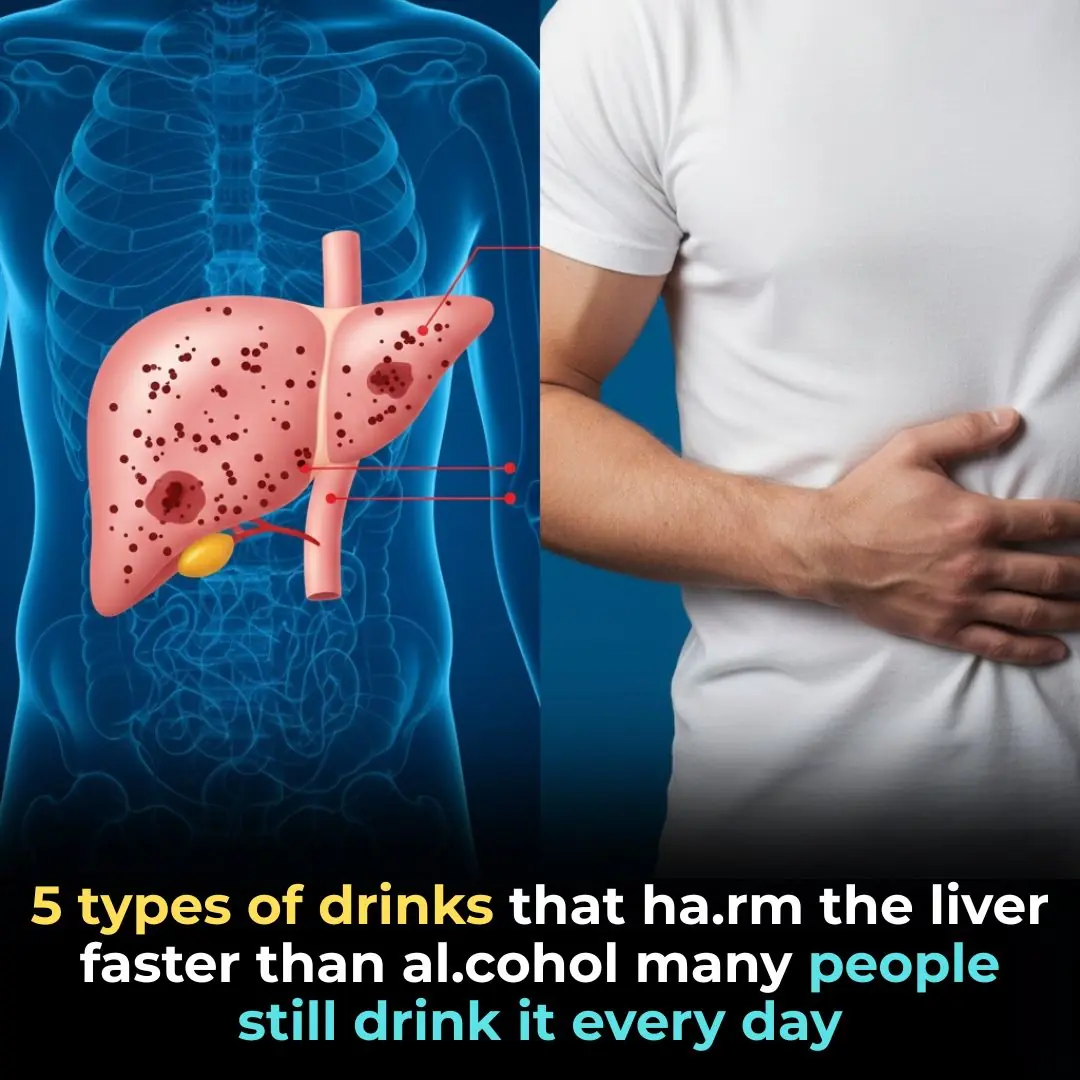
Common Drinks That Can Be Bad for Your Liver

Do you sleep on your side? Here's the powerful effect one simple change can have on your body

🦴 Hip Pain: What Does It Mean? Common Causes & When to Seek Help
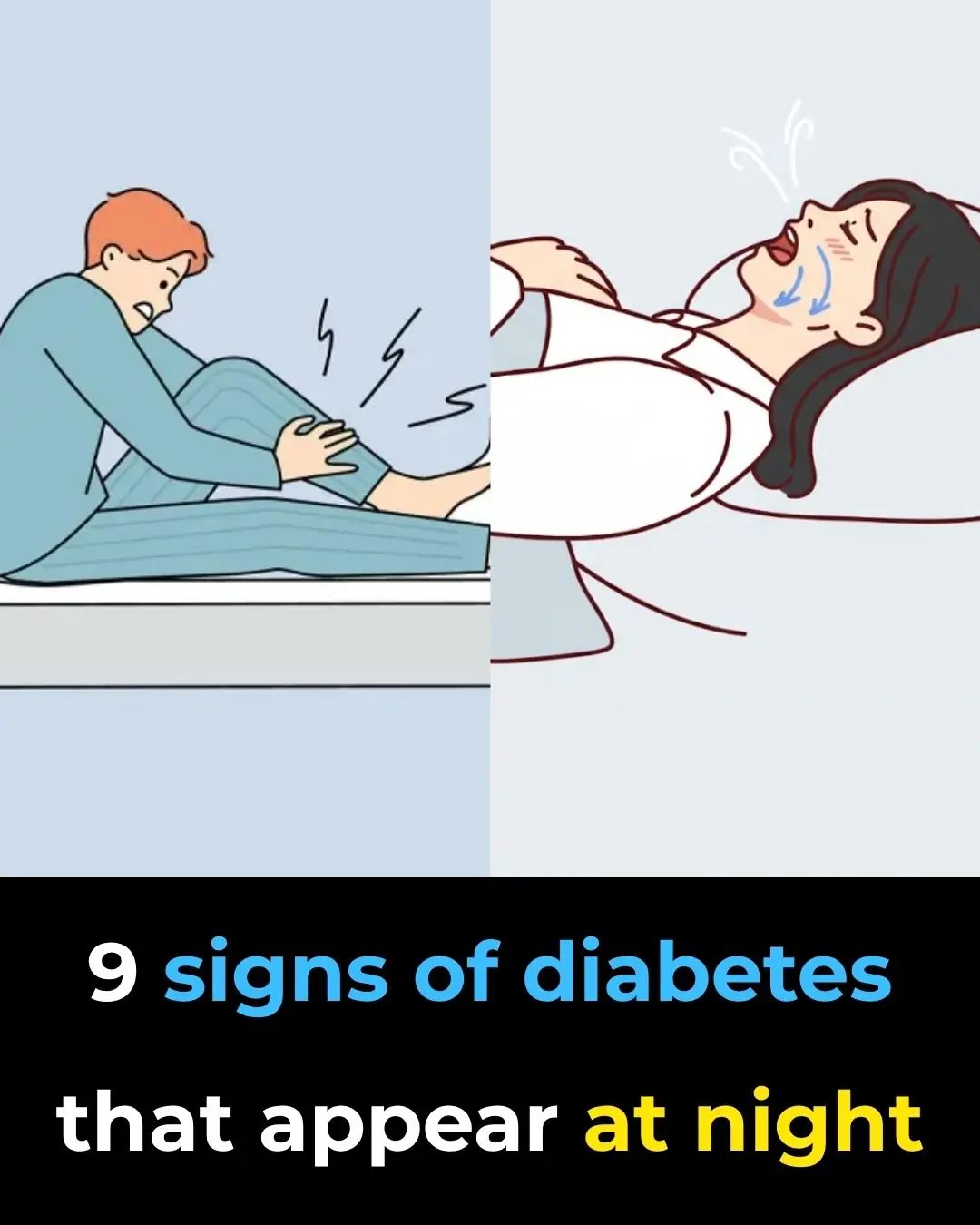
🌙 9 Signs of Diabetes That Appear at Night — What You Should Know
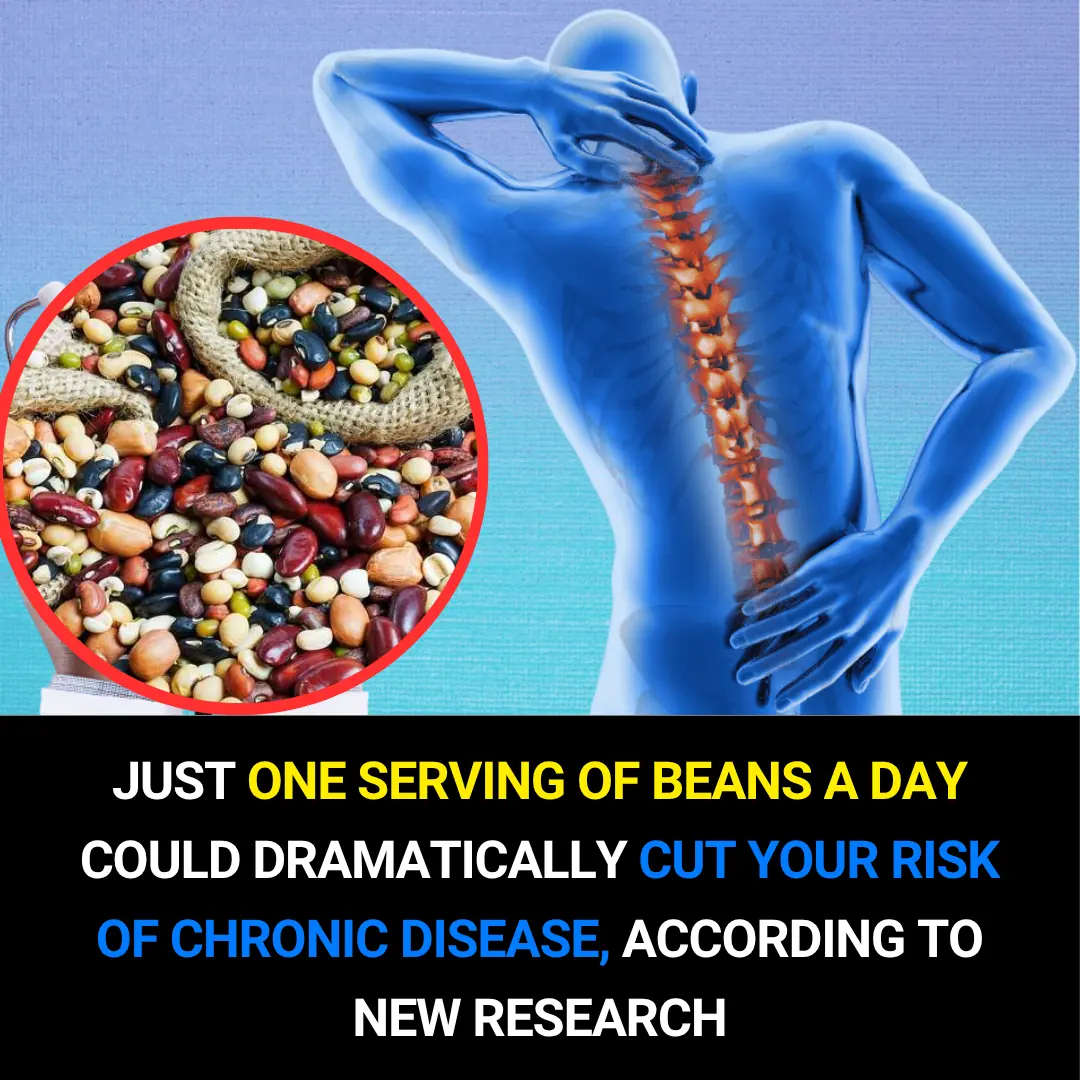
Eating Beans Daily Slashes Your Risk of Heart Disease and Diabetes, Study Finds

The Shocking Truth About Vitamins and Blood Clots in Your Legs
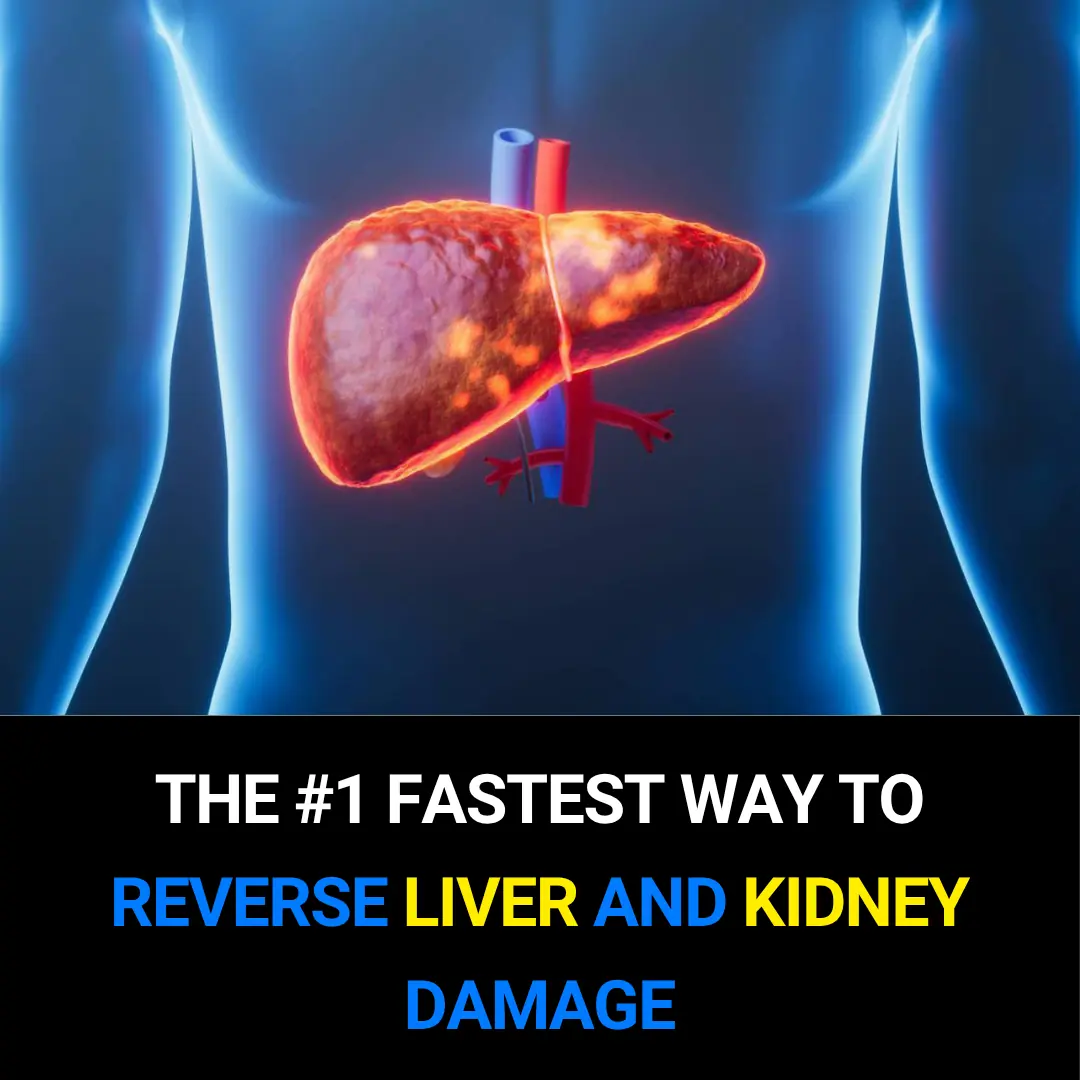
The #1 Fastest Way to Reverse Liver and Kidney Damage

Health Problems That Improve with Vitamin B12 (and How to Use It)

Stomach Can-cer: The “Silent Disease” You Shouldn’t Ignore
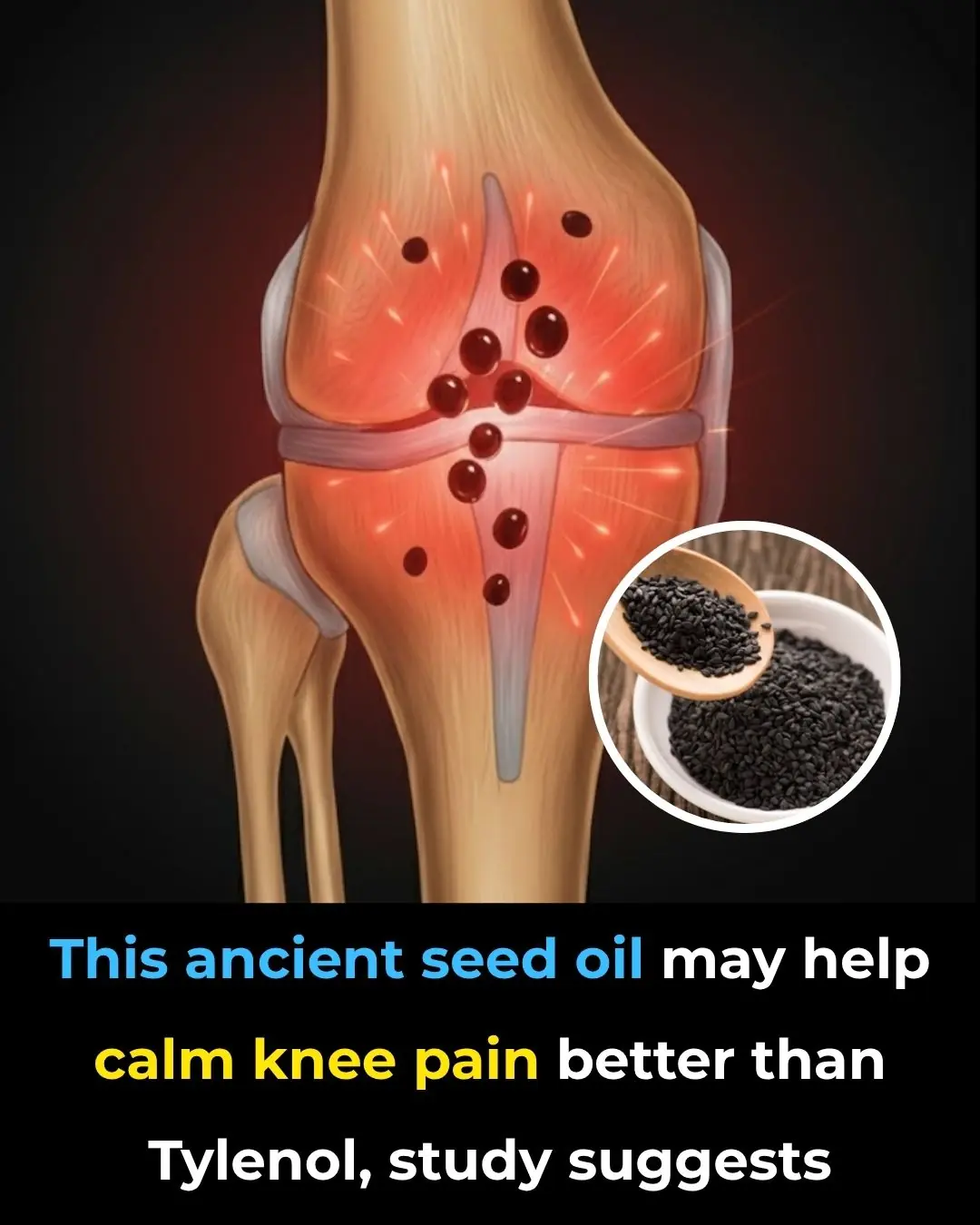
This ancient seed oil may help calm knee pain better than Tylenol, study suggests
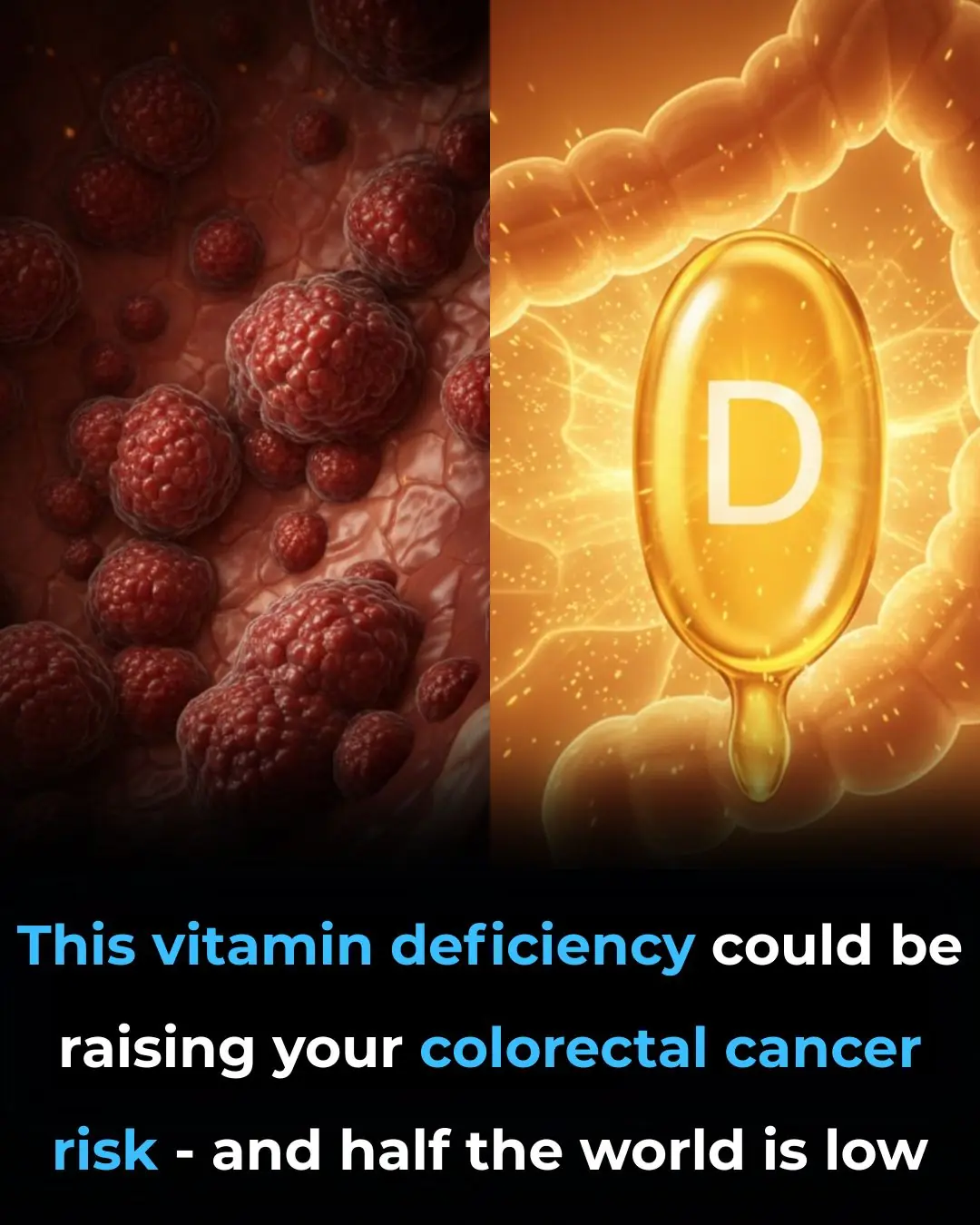
This vitamin deficiency could be raising your colorectal cancer risk — and half the world is low

12 warning signs of heart failure you should never ignore
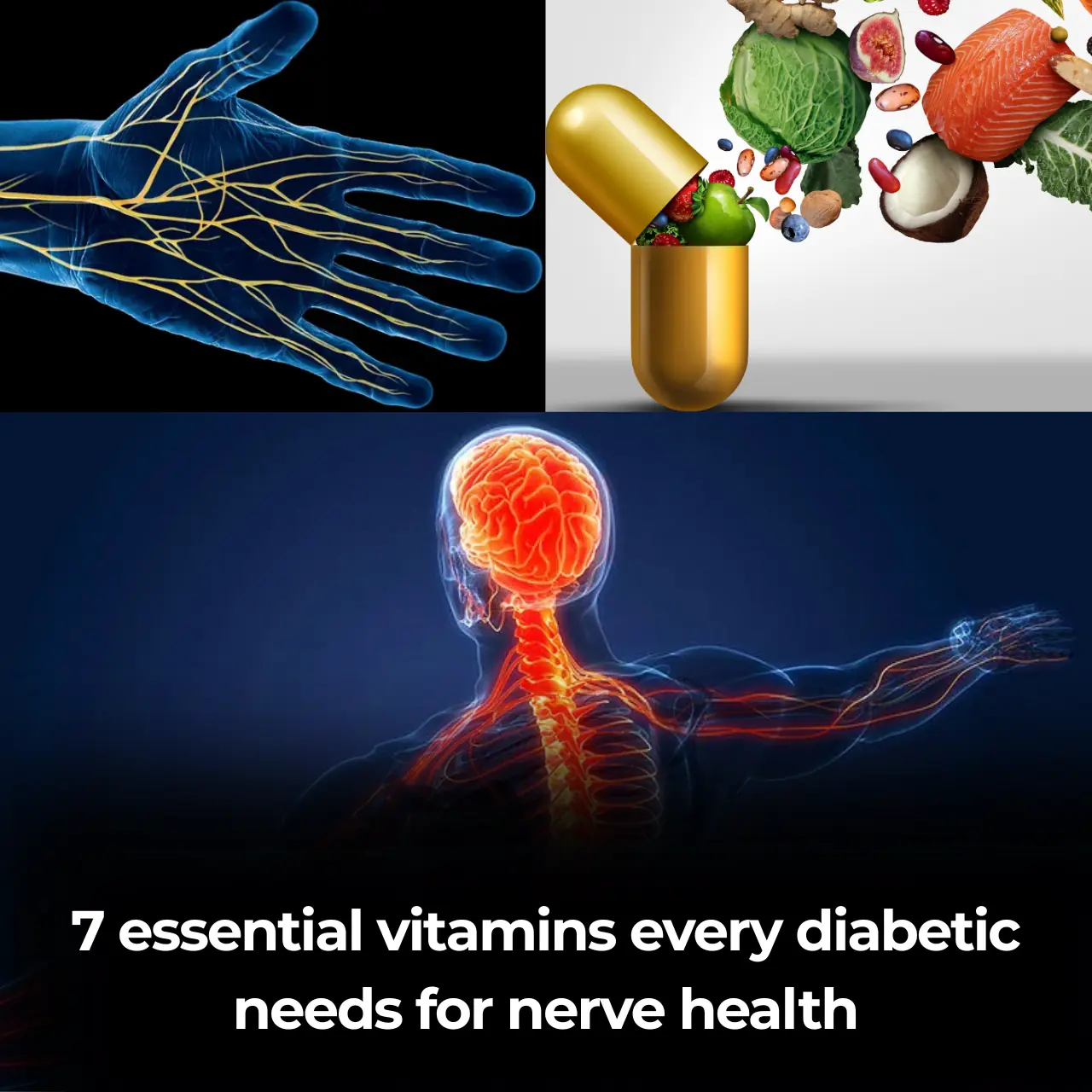
7 essential vitamins every diabetic needs for nerve health
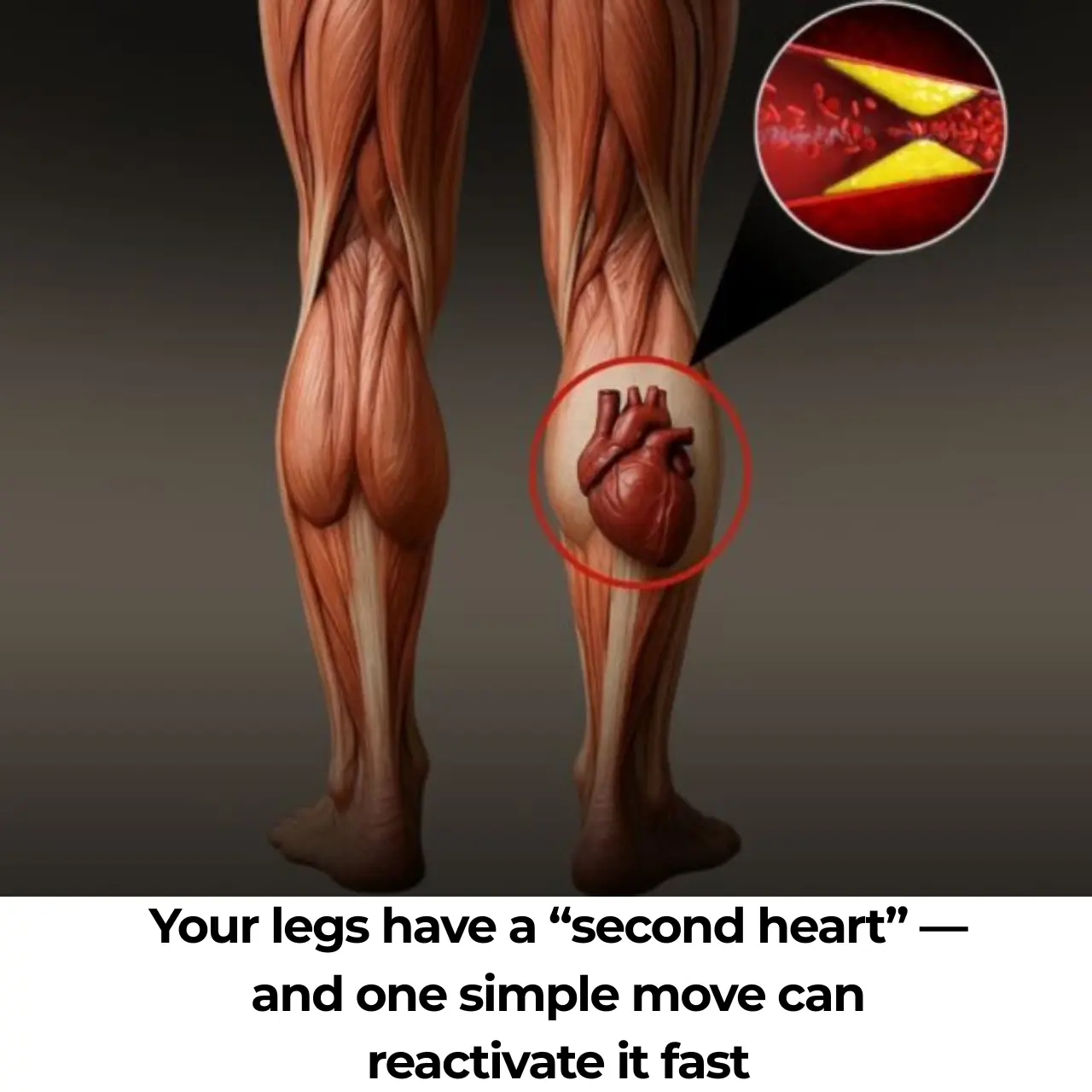
Your legs have a “second heart” — and one simple move can reactivate it fast

Why You Should Start Using Coconut Oil as a Toothpaste
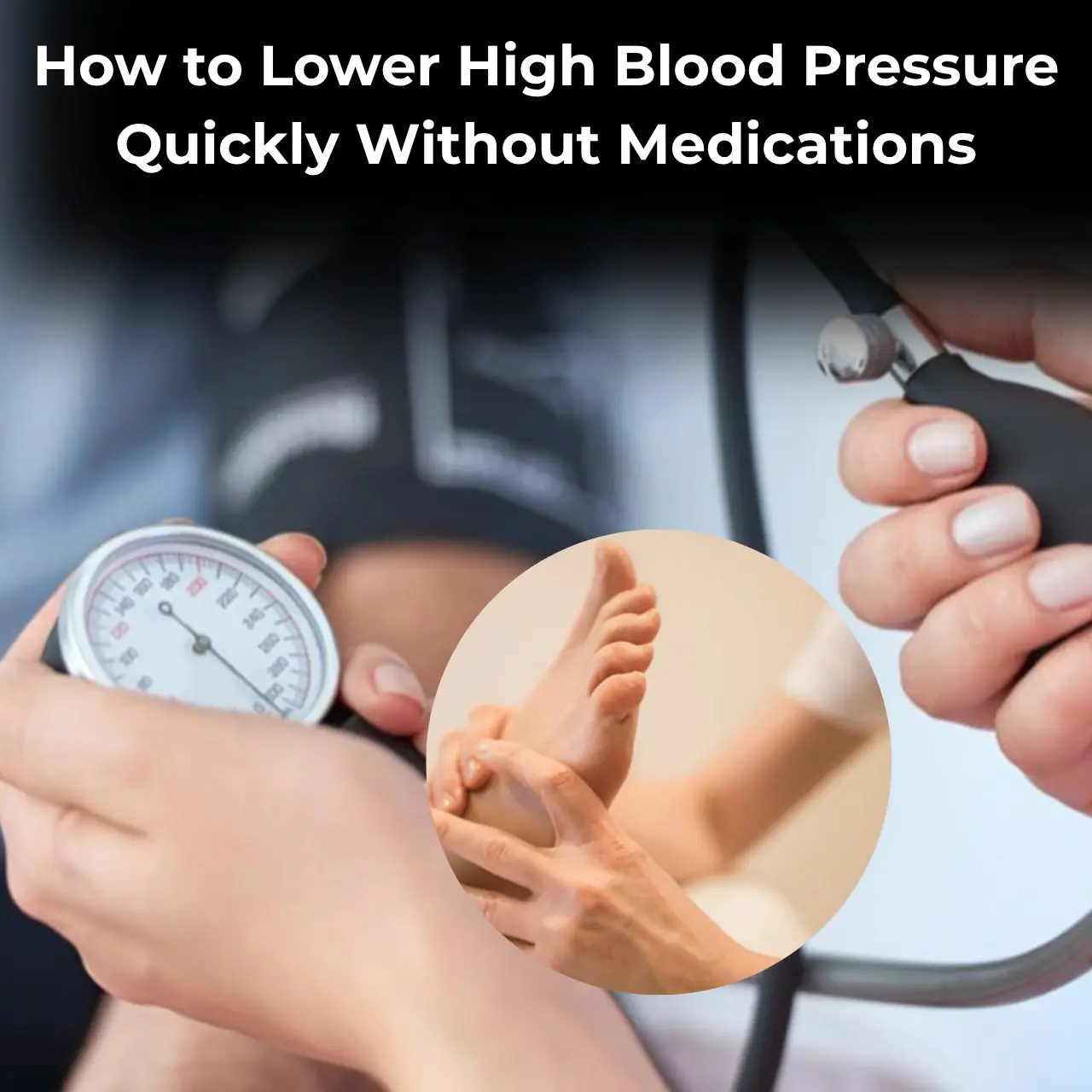
How to Lower High Blood Pressure Quickly Without Medications (Evidence Based)

3 powerful vegetables everyone overlooks (but shouldn’t!)
News Post

I had no idea

Poor circulation? Simple foods that can get your blood moving again naturally

Count The Squares

Common Drinks That Can Be Bad for Your Liver

Do you sleep on your side? Here's the powerful effect one simple change can have on your body

My nana taught me this hack to de-stink the microwave in 3 mins with 0 work. Here’s how it works

So clever
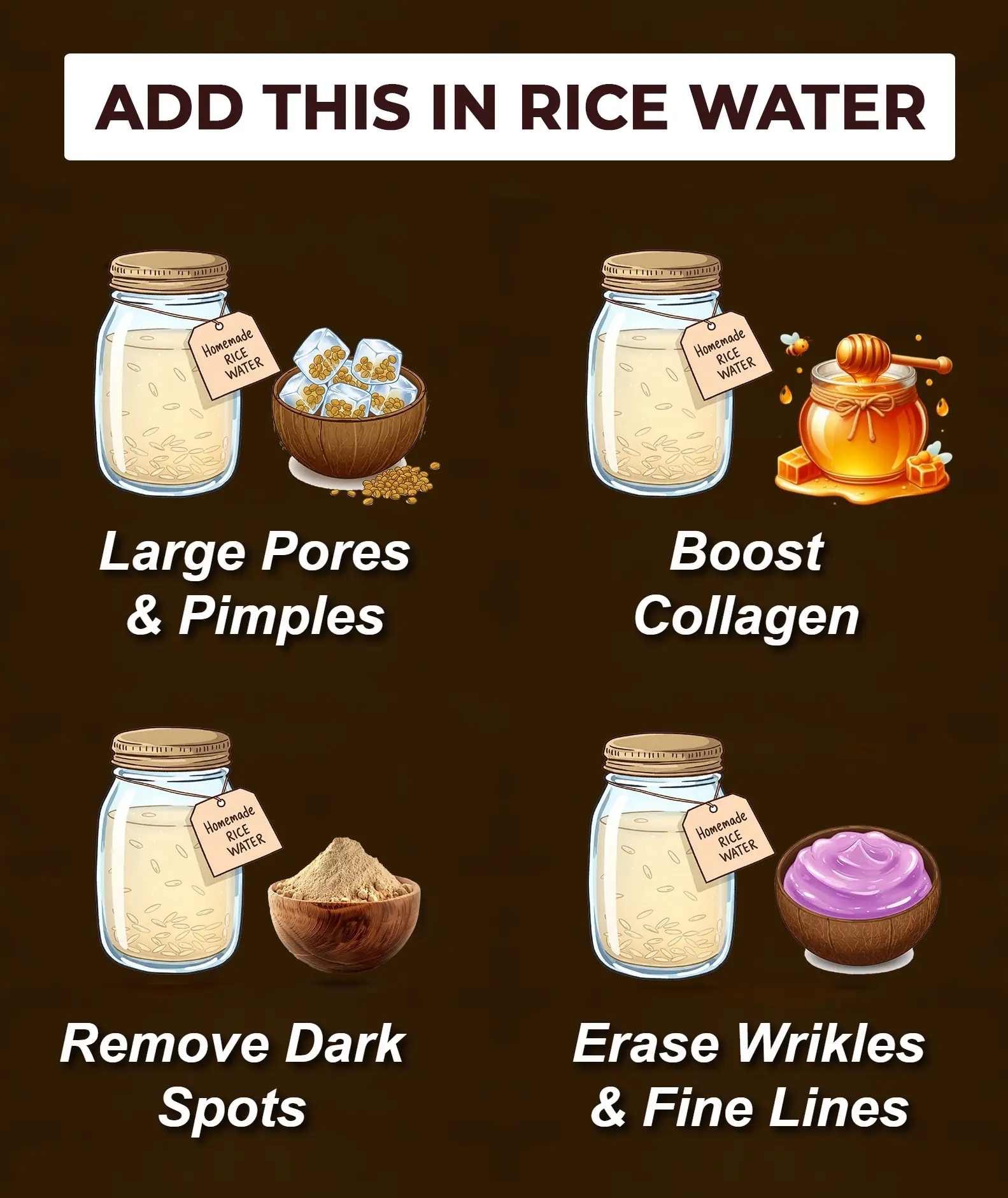
Homemade Rice Water for Skin: Amazing Recipe for Glowing and Youthful Skin
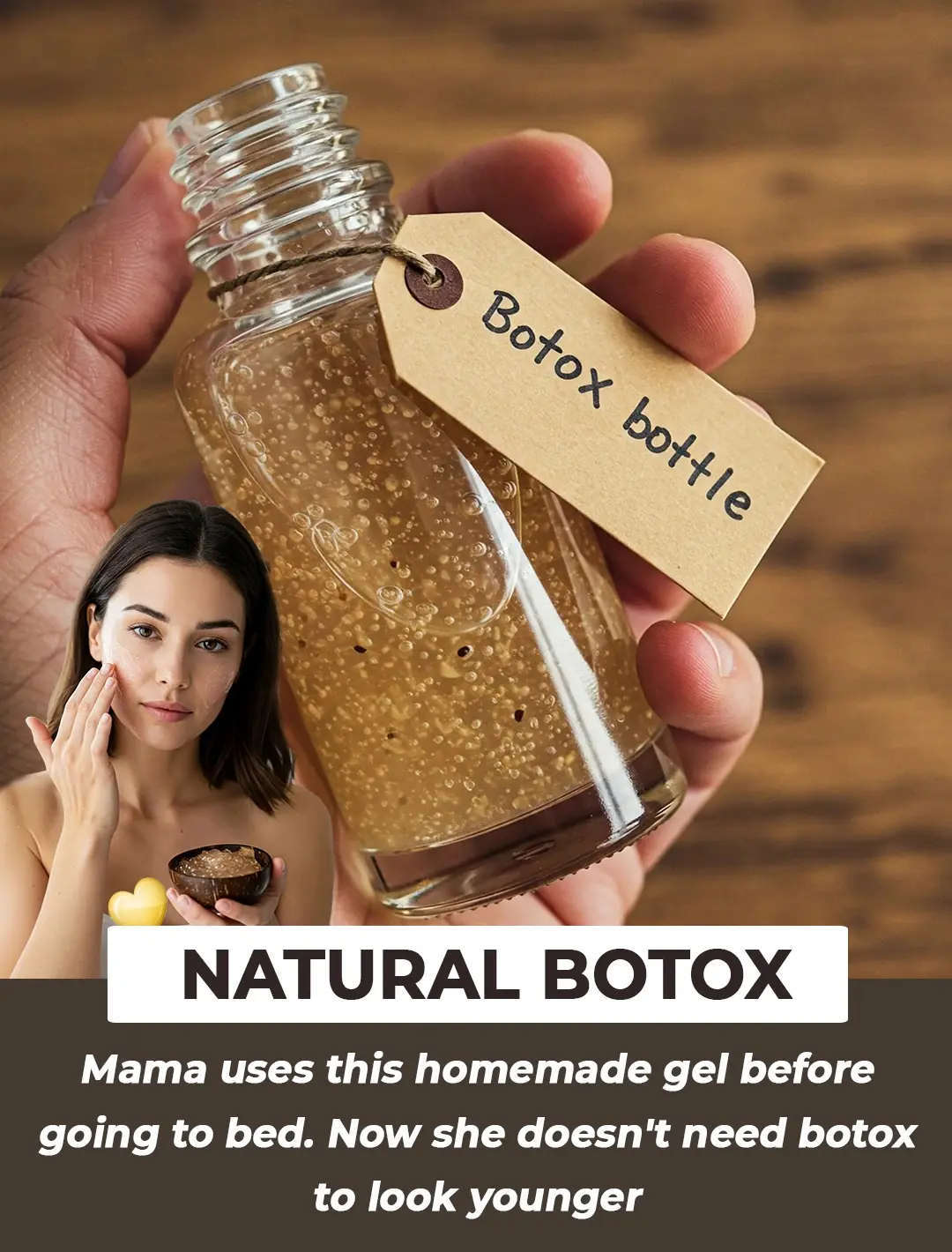
Natural Botox Drops – Secret of Younger Looking Skin

DIY Flaxseed Gel for Glowing Skin: The Natural Solution to Hydrated and Youthful Skin

Easy Recipe to Make ABC Collagen Ice Cubes at Home: The Secret to Glowing, Firm Skin

DIY Turmeric Gel For Ageless Skin: Unlock the Secrets of Radiant and Youthful Complexion
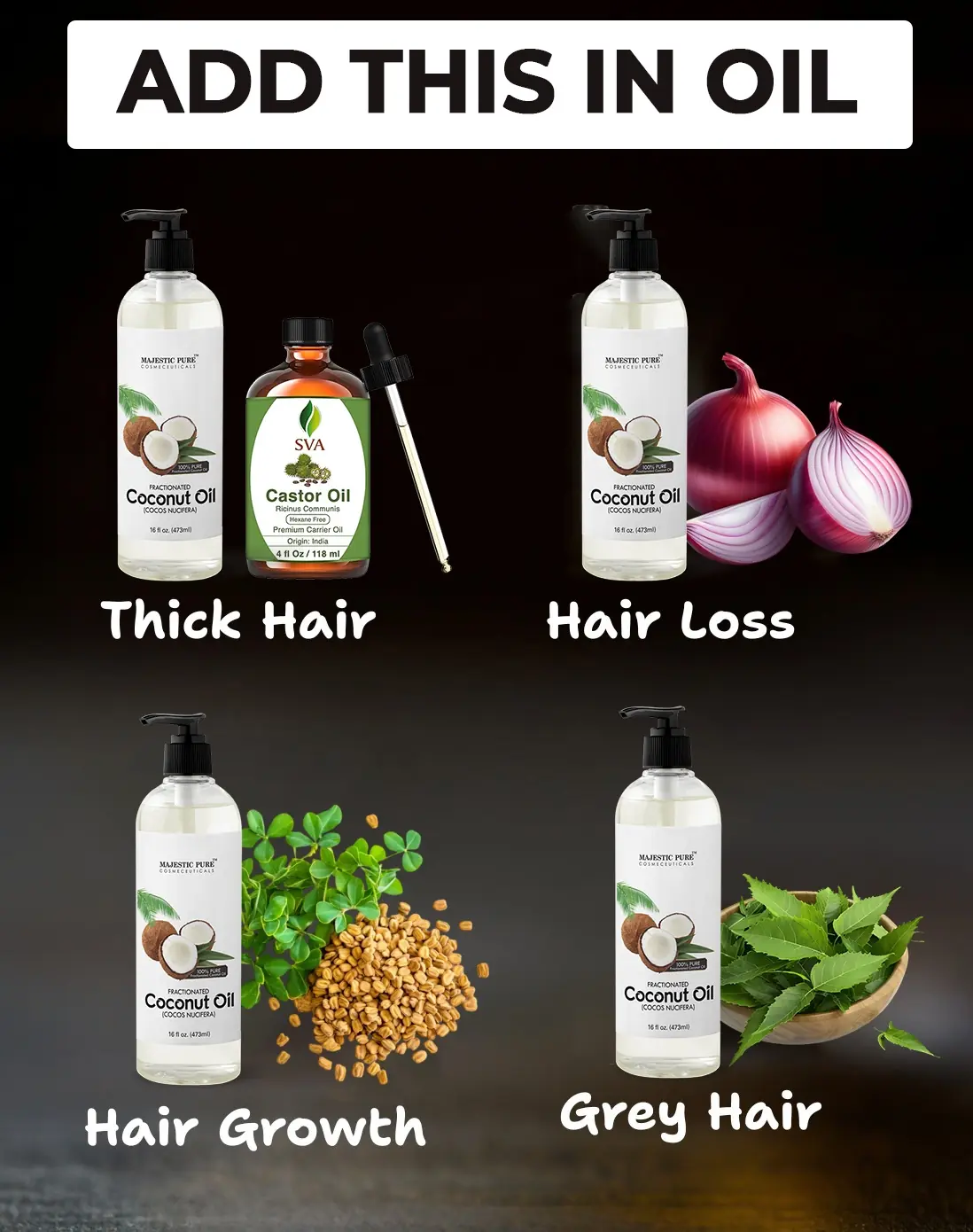
Add This in Your Hair Oil for Healthy, Lustrous Hair

The Ultimate Guide to Homemade Carrot Oil for Glowing, Youthful Skin

Homemade Ginger Lemon Shot: Your Natural Ally for Effective Weight Loss

Potato Treatment For Dark Spots & Large Pores

Add Onion and Coffee to Your Hair—The Results Might Shock You

DIY Flaxseed Gel & Okra Hair Gel For Hair Growth & Frizzy Hair

2 Mins Black Shampoo For Grey Hair
